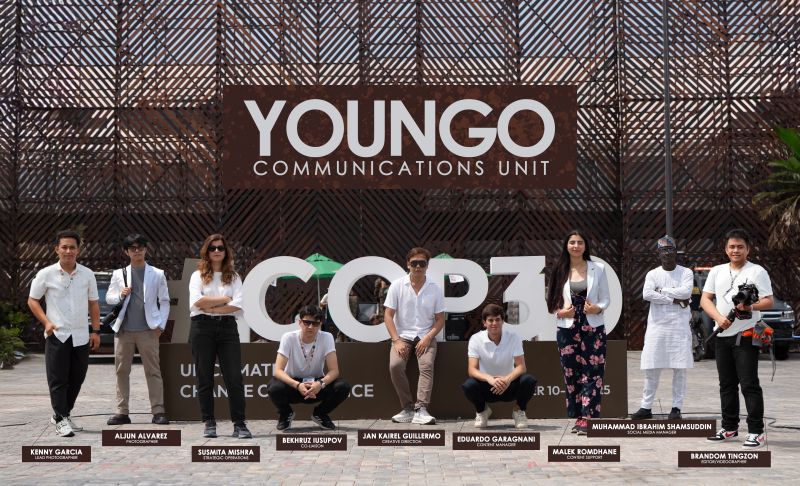Protecting Climate Grantmaking – Risk & Contingency Planning
In our last post The Trump Effect on Climate Grants, we looked hard at the emerging risks.
Now it’s time to get serious about your defence.
This isn’t just about mitigating harm. It’s about creating resilient climate funding strategies that can thrive in unstable political weather.
Here’s how funders are stepping up:
1. Scenario Planning Is Non-Negotiable
Ask the tough questions:
- What if major funding sources dry up?
- What if hostile regulations choke off grants to activists?
Climate funding contingency planning means anticipating political, legal, and economic threats — and preparing countermeasures now.
2. Diversify Your Funding Strategy
- Grant Types: Prioritise multi-year general operating support. Flexibility equals survival.
- Collaborations: Join pooled funds to spread risk and increase impact.
Climate philanthropy contingency planning during the Trump administration requires thinking outside your normal grantmaking playbook.
3. Strengthen Your Core Relationships
Communicate openly with your grantees.
Understand their vulnerabilities.
Back them not just with money — but with political cover, capacity-building, and resilience training.
Supporting grantees facing funding instability isn’t charity. It’s smart movement-building.
4. Consider Geographic Diversification
Not all your funding needs to move within the US.
In fact, it might be time to move some climate philanthropy funds internationally to create protection against domestic shocks.

